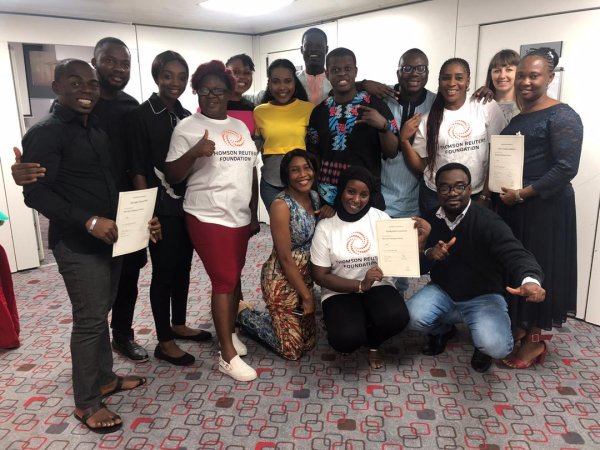
From December 2-6, West African journalists converged in Nigeria’s biggest city for our first-ever training on trafficking and modern slavery held in Lagos. The week-long course was taught by trainers Rose Skelton and Eromo Egbejule, who have a combined experience of almost three decades reporting across the region.
In the coastal region of West Africa, citizens remain particularly at risk of being victims of trafficking and modern slavery. Nigeria, in particular, has for decades been a source, transit, and destination country. One of its states, Edo, has been described as the country’s trafficking hub and thousands of its residents are still being peddled overseas on an annual basis.
The journalists participated in insightful sessions about finding and pitching under-reported angles in trafficking and modern slavery, crafting gripping headlines and solid lead paragraphs while dispelling myths and clichés in reporting the subject. Having been selected from across radio, TV and print mediums, they also developed custom solutions for cross-media collaborations.
Experts working in the field also came daily to offer practical tips to the journalists and widen the scope of their knowledge about interactions with social workers, survivors, and perpetrators. They included Evon Benson-Idahosa, Executive Director of the non-profit Pathfinders Justice Initiative, Cyprine Cheptepkeny of the IOM (Nigeria) and Cheta Nwanze, Head of Research at SBM Intelligence. Angela Ukomadu and Nneka Chile of the Reuters Lagos bureau also came to talk to the group about their experience reporting on trafficking in southern Nigeria.
“There [is] nothing like being guided by people who know and have walked the path,” one of the journalists, George ‘Natural Onourah of the Anambra-based Omega 107.1FM, said at the end of the training.
At dinner on Thursday, December 9, the group exchanged banter, ideas and agreed to stay in touch to put to practice tips and examples from the training sessions in order to improve the depth of their reporting on contemporary slavery in West Africa.
More News
View All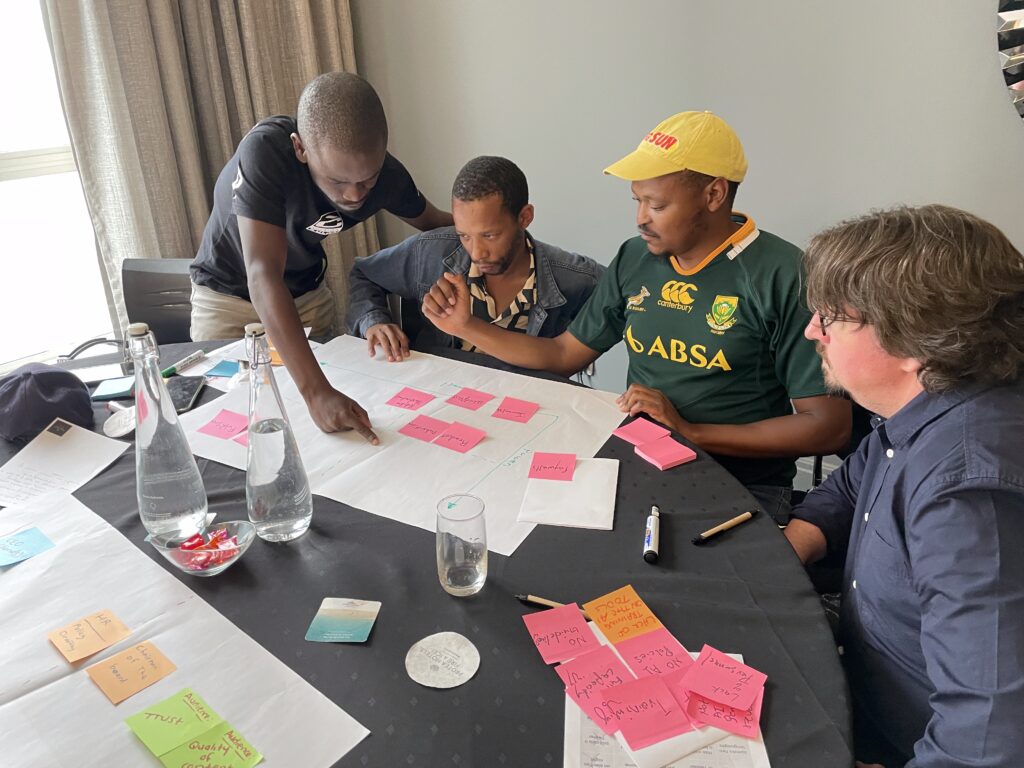
Our impact in 2025: Building resilience in a turbulent year
Our CEO Antonio Zappulla reflects on 2025:…
Read More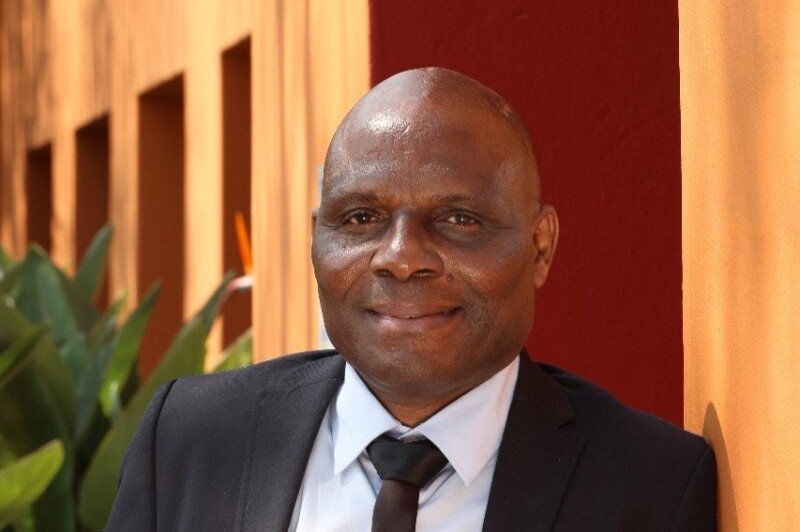
Uncovering illicit financial flows: Training that transformed one journalist’s approach to reporting
Find out how training from the Thomson Reuters Foundation transformed Fidelis…
Read More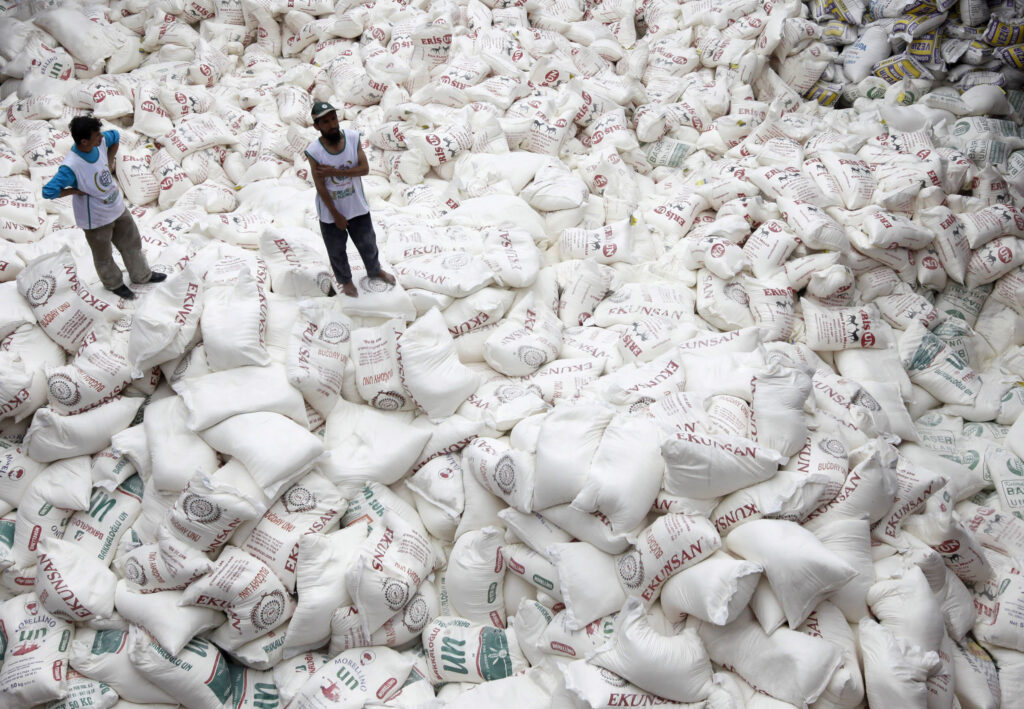
Legal needs are rising for NGOs amid attacks on civil society and funding cuts, our latest report finds
Our new report finds that legal needs amongst NGOs have risen significantly over the last…
Read More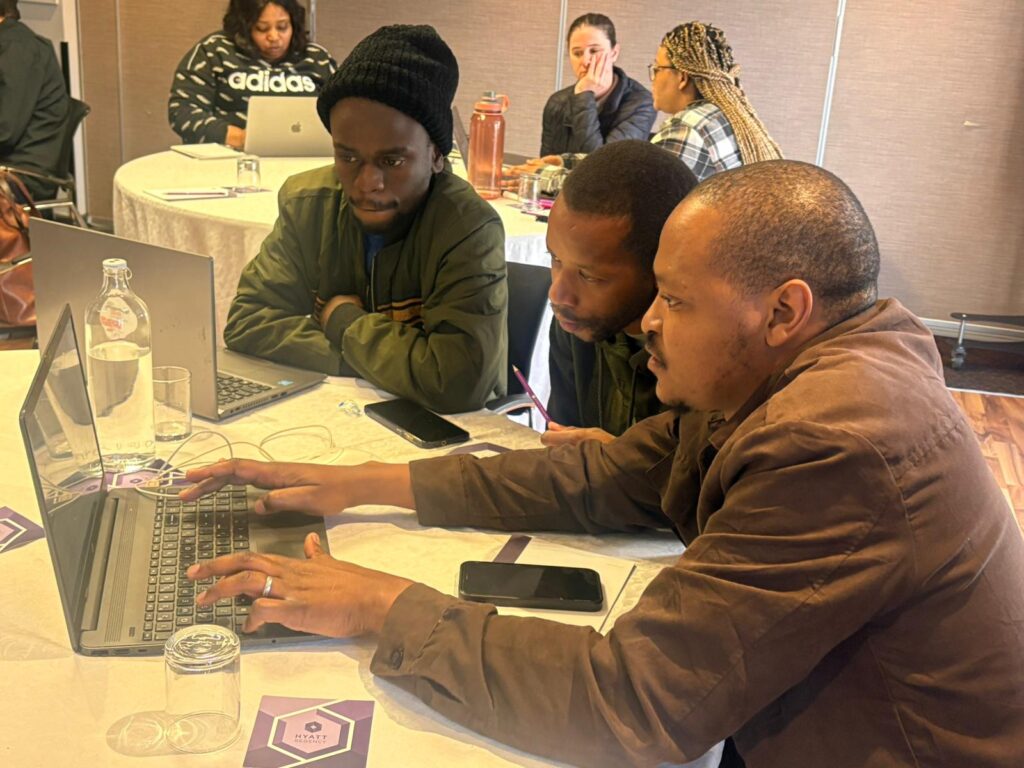
How South African newsrooms are benefiting from strategic and ethical AI adoption
We have…
Read More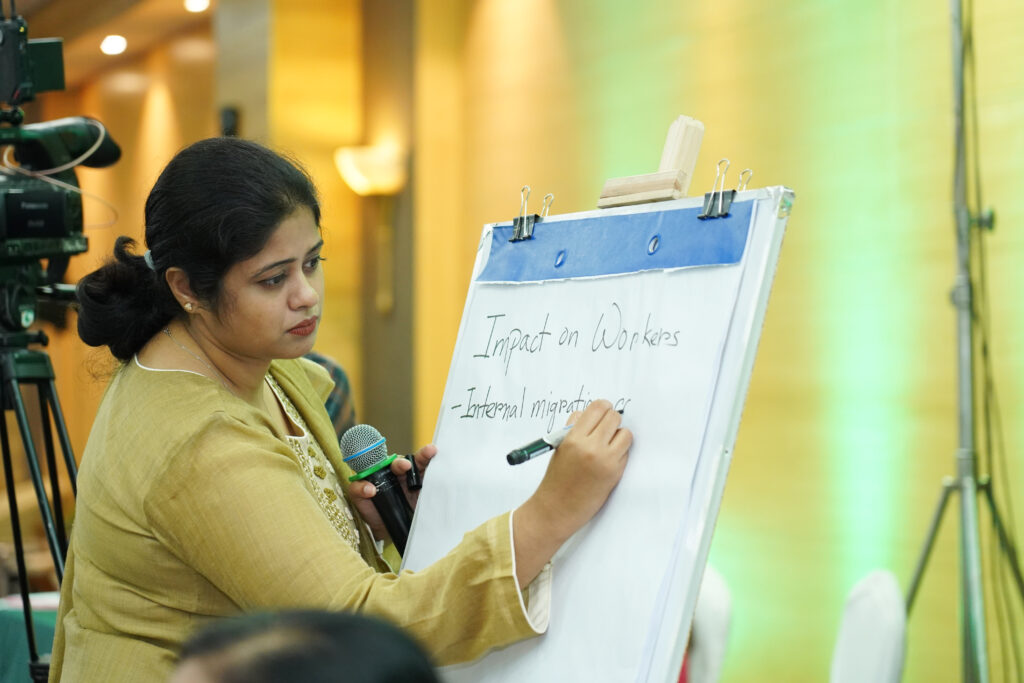
World’s largest dataset shows transparency gaps in AI adoption
The Thomson Reuters Foundation…
Read More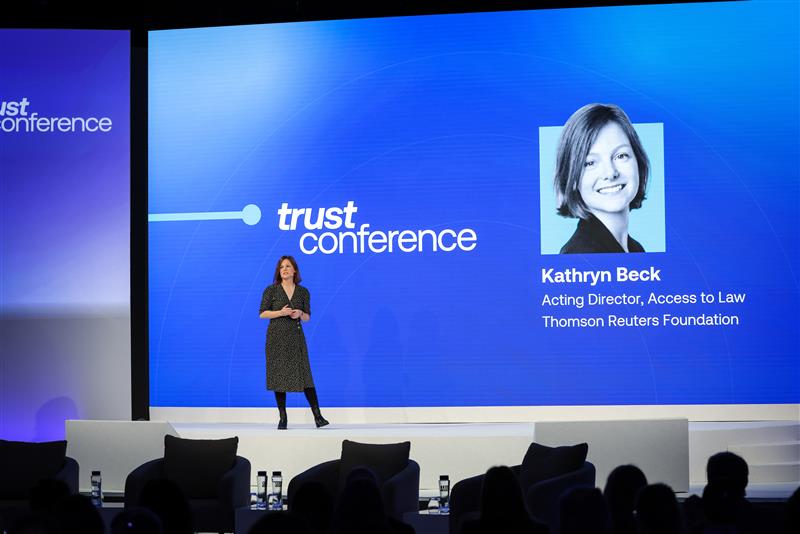
The authoritarian playbook in action: Insights from Trust Conference 2025
Learn our Acting…
Read More
Antonio Zappulla: Technology is redefining power, information and influence. What is at stake?
View our CEO Antonio Zappulla’s opening remarks for Day Two of Trust Conference…
Read More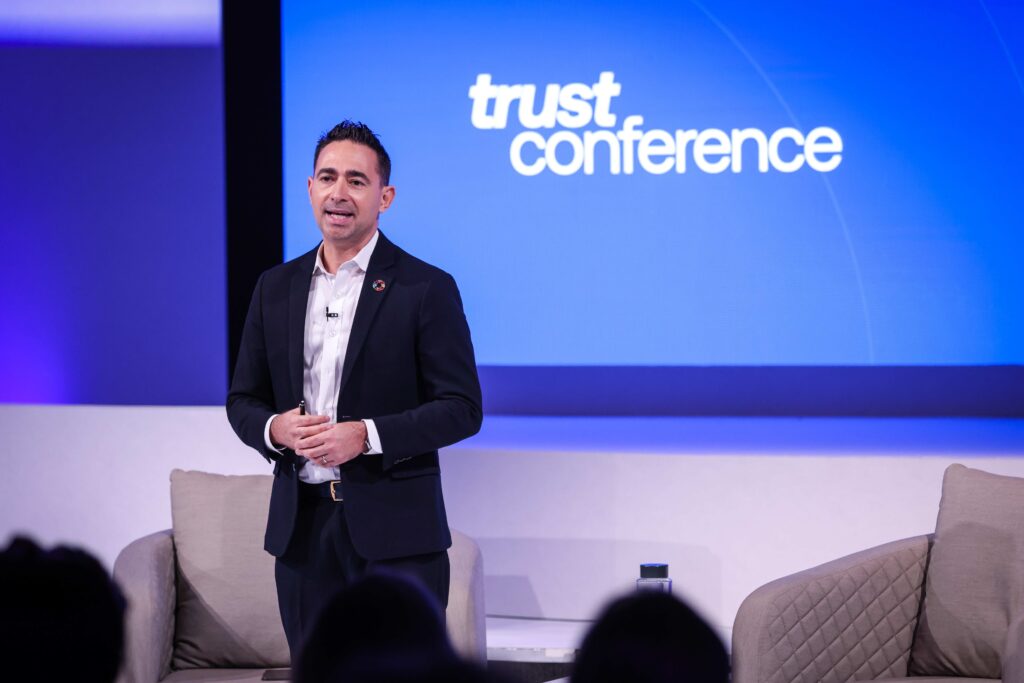
Antonio Zappulla: Three key drivers are reshaping the world and eroding democracy
View our…
Read More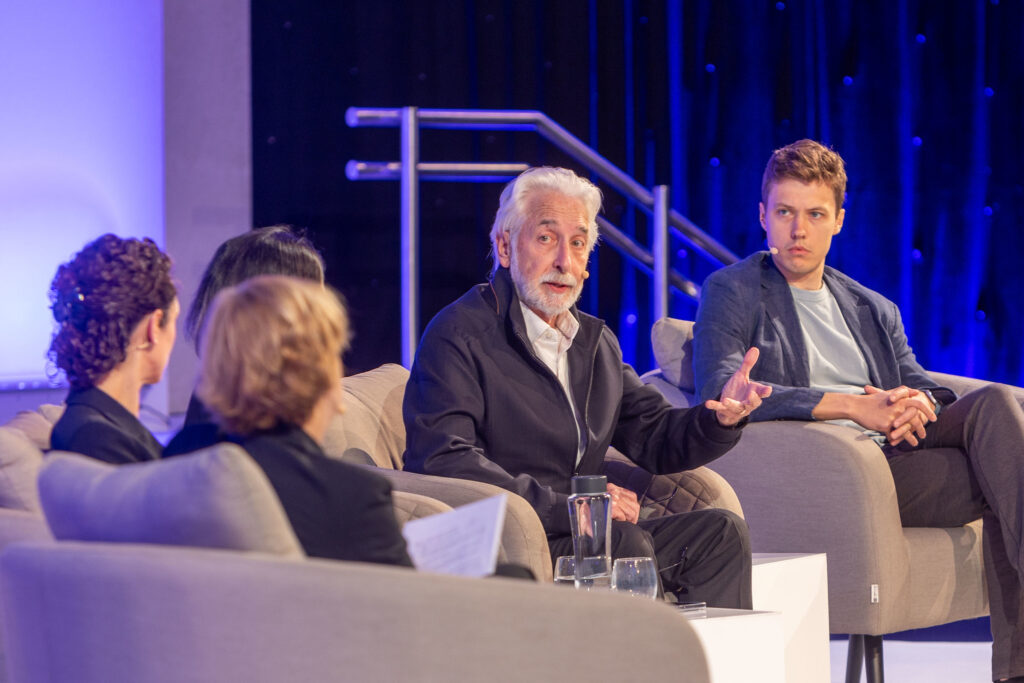
Trust Conference 2025: Disinformation, lawfare and aid cuts — Civil society’s fight for survival
Trust Conference, the annual flagship forum hosted by the Thomson Reuters Foundation,…
Read More
Professor Can Yeğinsu joins Thomson Reuters Foundation Board of Trustees
We are delighted to…
Read More

